
Kristin Anderson, Ph.D.
Assistant Professor of Microbiology, Immunology and Cell Biology, University of Virginia
Title: Overcoming immune suppression in solid tumors to enhance the efficacy of engineered T cell therapy
Many patients with solid tumors are diagnosed at a late stage or develop chemotherapy-resistant disease, and then have few treatment options. The major long-term goal of our research lab is to advance therapies to address this critical gap in care. Our research program develops engineered T cell immunotherapies, integrating cellular and molecular techniques with in vivo mouse models and in vitro patient-based models of solid tumors to study the complex interactions between antitumor T cells and the tumor microenvironment. We have already established a robust portfolio of tools that target and enhance T cell persistence, function and metabolism, with real potential for clinical translation.
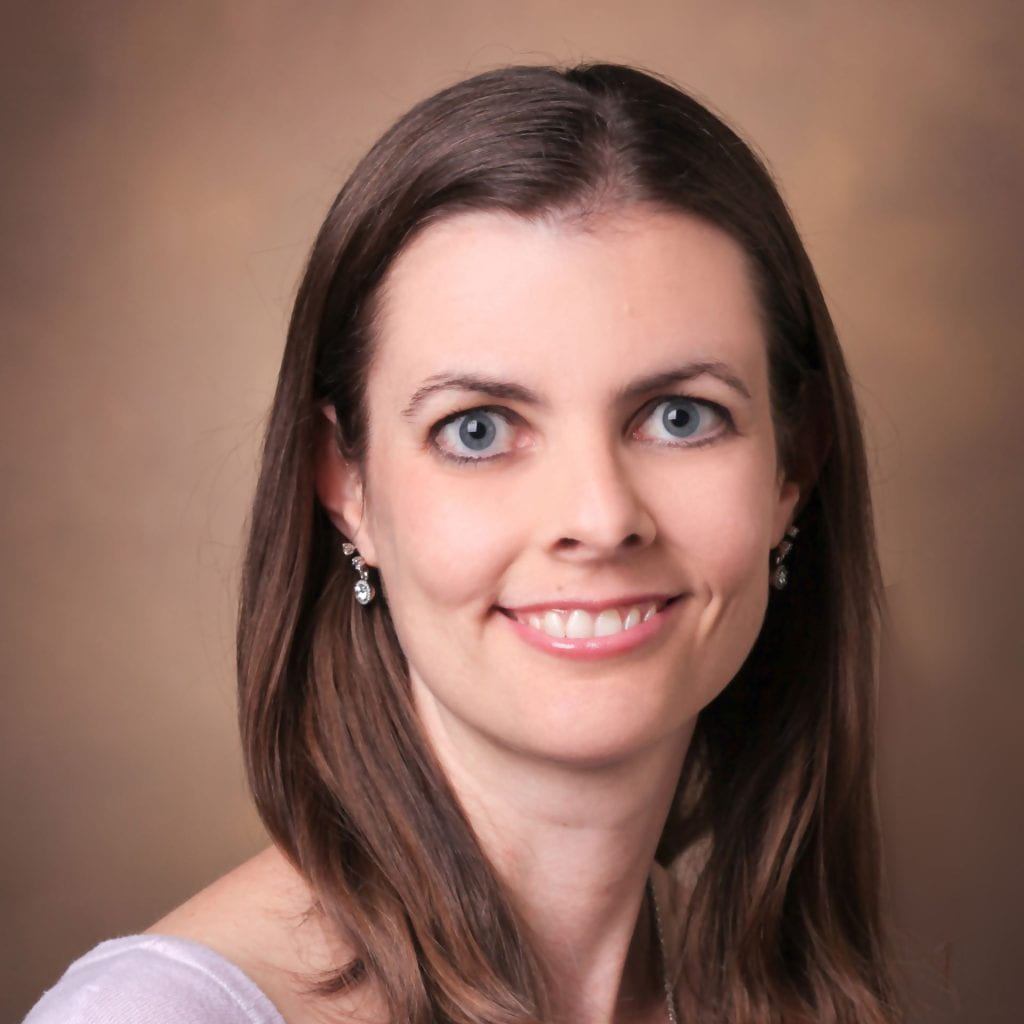
Rachel Henry Bonami, Ph.D.
Assistant Professor of Medicine-Rheumatology & Immunology, Vanderbilt University
Title: Put your antibodies where I can see them! Finding ‘bad’ B cells before they commit autoimmune crimes
Dr. Rachel Bonami is an Assistant Professor of Medicine in the Division of Rheumatology and Immunology at Vanderbilt and is jointly appointed in the Department of Pathology, Microbiology, and Immunology. Heterogeneity in autoimmune disease progression and immune therapy response is a challenge in clinical trial enrollment, evaluation, and patient care. The Bonami Lab integrates wet-lab and computational approaches to understand how human B lymphocytes acquire autoantigen specificity and expand in the repertoire to support the development of type 1 diabetes and other autoimmune diseases. They additionally use mouse models to investigate how T and B lymphocytes interact to support autoimmunity. Their ultimate goal is provide mechanistic insight into why immunotherapies succeed or fail and identify new methods for monitoring and treating autoimmune disease.
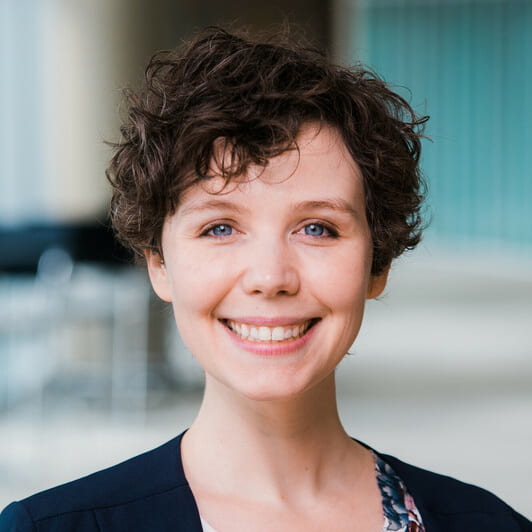
Julienne Carstens, Ph.D.
Assistant Professor of Medicine-Hematology and Oncology, University of Alabama at Birmingham
Title: The Spatial and Functional Heterogeneity of PDAC Tumor Sub-populations
Dr. Carstens’ laboratory at UAB focuses on metastatic pancreatic cancer, with the ultimate goal to understand the systemic, tissue, cellular and molecular events that drive pancreatic cancer metastasis and resistance to a broad range of therapies. The lab utilizes novel genetic and transplant mouse and cell line models in combination with multiplex imaging, imaging mass spec and genomic, lipidomic and proteomic analyses in a cross-platform system of discovery and clinical translation with particular focus on the spatial organization of host tissues and functions.
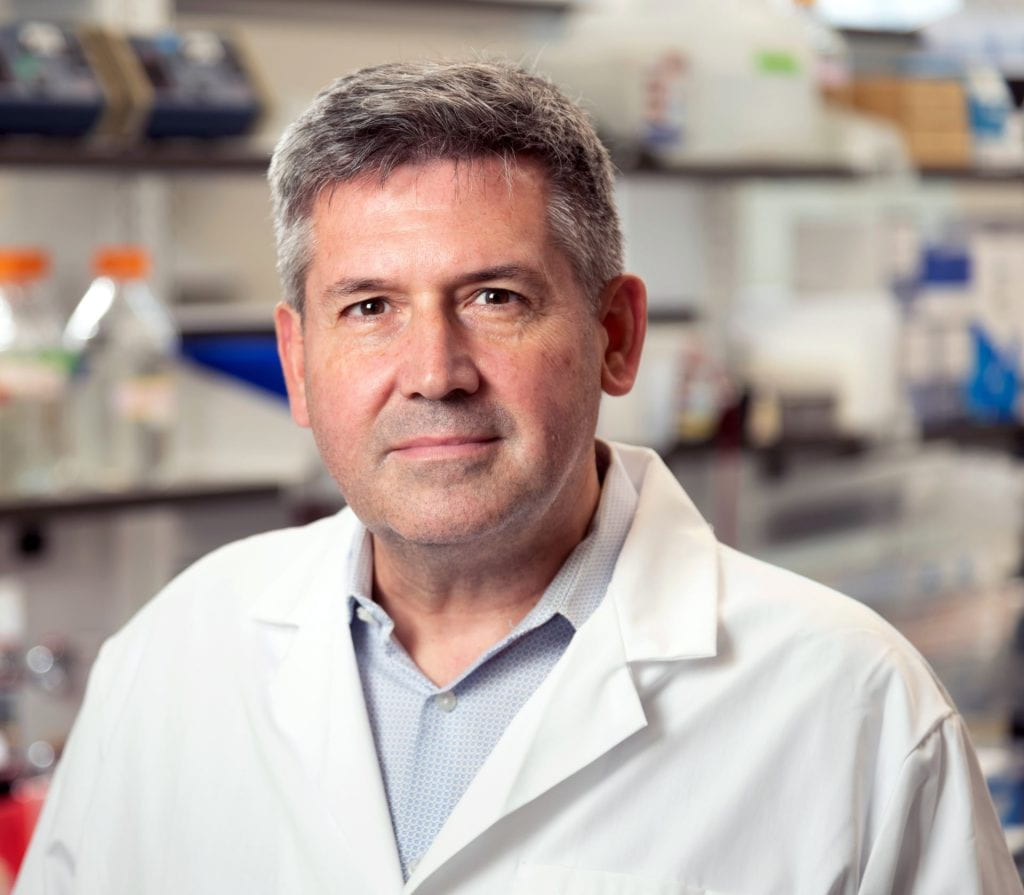
Jose Ramon Conejo-Garcia, M.D., Ph.D.
Professor of Immunology, Duke University
Title: Understanding transcytosis of antibodies provides a rationale for specific and effective targeting of intracellular oncodrivers
The goal of Dr. Conejo-Garcia’s research program is to identify and target mechanisms governing the balance between immunosuppression and protective immunity in the tumor microenvironment, with an emphasis on the crosstalk between innate (gd) and adaptive (ab) T cells, and B lymphocytes. By combining translational experiments using clinical specimens with mechanistic studies in mouse models, Dr. Conejo-Garcia’s research program has contributed in various roles to elucidate multiple mechanisms governing protective immunity against cancer, as demonstrated by >200 recent articles that totaled >2,700 citations per year. NCI-funded studies on humoral anti-tumor immunity, CAR T cells and tumor-infiltrating gd T cells support a combination of basic and translational researchers in the Conejo-Garcia lab, plus physician-scientists; all of them focused on the immunobiology of cancer and developing novel anti-cancer immunotherapies. In 2023, Dr. Conejo-Garcia was recruited as a Duke Science and Technology Scholar to develop novel anti-cancer immunotherapies, and implement them in collaboration with clinicians in the Duke Cancer Institute.
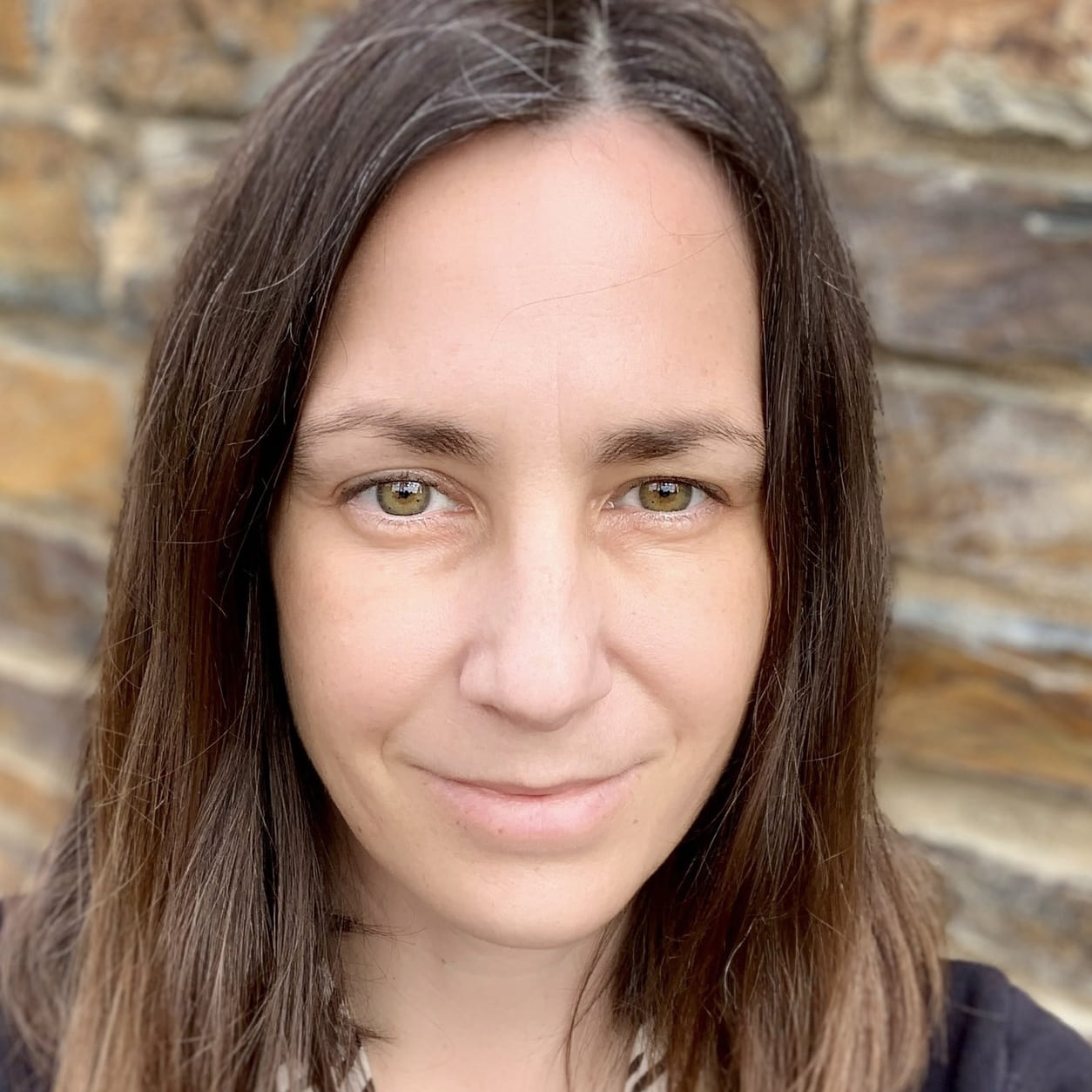
Saskia Hemmers, Ph.D.
Assistant Professor of Integrative Immunobiology, Duke University
Title: IL-1R family members as modulators of neuroinflammation
As part of the Integrative Immunobiology department at Duke University, the Hemmers lab has set out to gain a deeper understanding of how tissue cues affect immune and glial cell behavior. We are a cellular immunology lab that leverages mouse genetic tools in conjunction with high parameter flow cytometry, transcriptomics, imaging, and relevant disease models to achieve our goals. The lab is particularly focused on how tissue damage and inflammation shape T cell and glial cell function in the context of neuroinflammation. An additional line of research probes how the cellular ontogeny of T cells contributes to the layered immune system in adulthood.
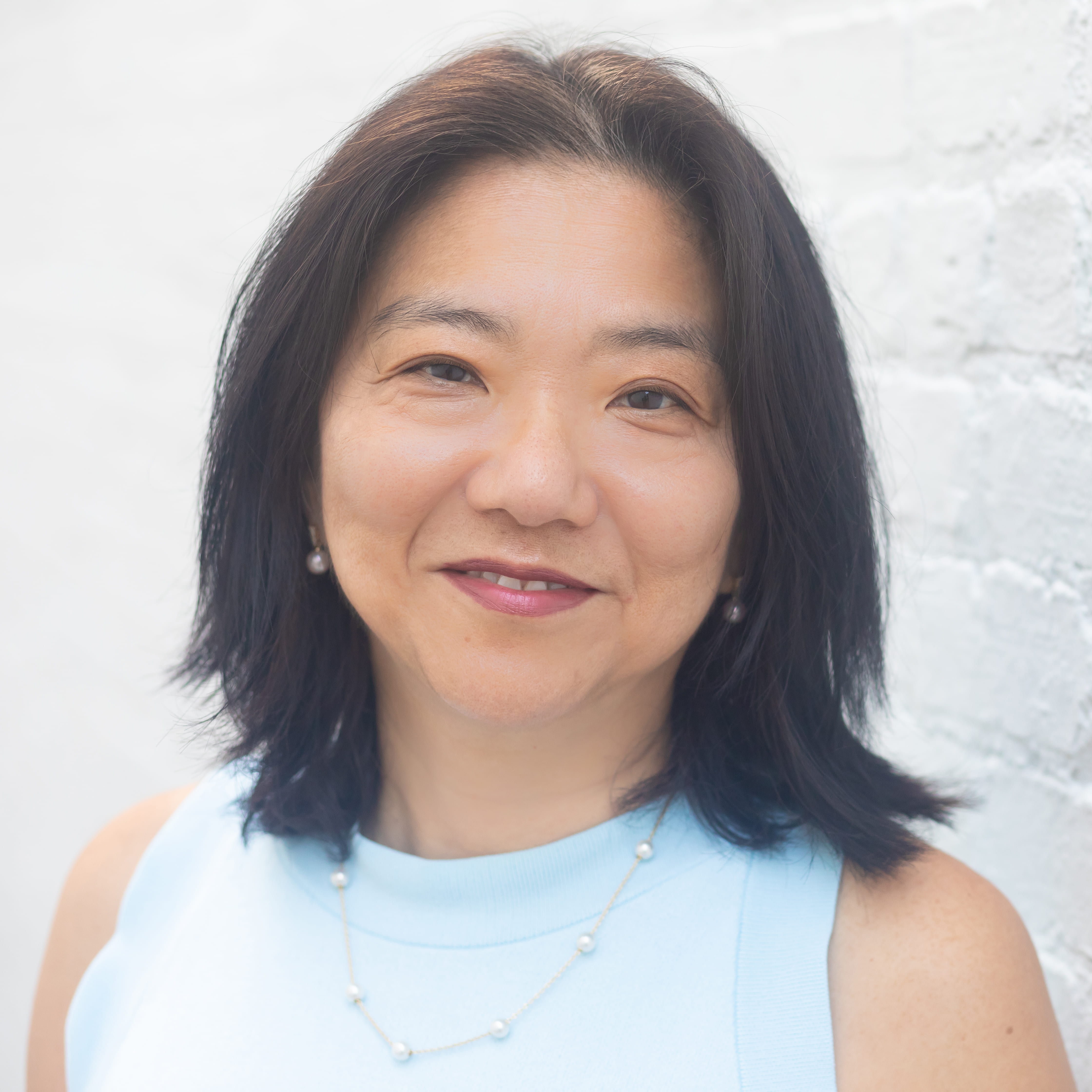
F. Eun-Hyung Lee, M.D.
Professor of Medicine, Emory University
Title: Mechanisms of Becoming a Long-lived Plasma Cell and Implications for mRNA Vaccines
Frances Eun-Hyung Lee (EUN) completed her BA at Johns Hopkins University and medical school at the Johns Hopkins School of Medicine (JHUM) in Baltimore, MD in 1993. She is a tenured professor of medicine at Emory University and is the director of the Emory Asthma, Allergy, and Immunology Program. Her expertise is in human B cells and plasma cells with a focus on how long-lived plasma cells are generated and maintained. Her research expertise is in the biology human protective and pathogenic plasma cells in the blood, bone marrow, spleen, and mucosal sites.
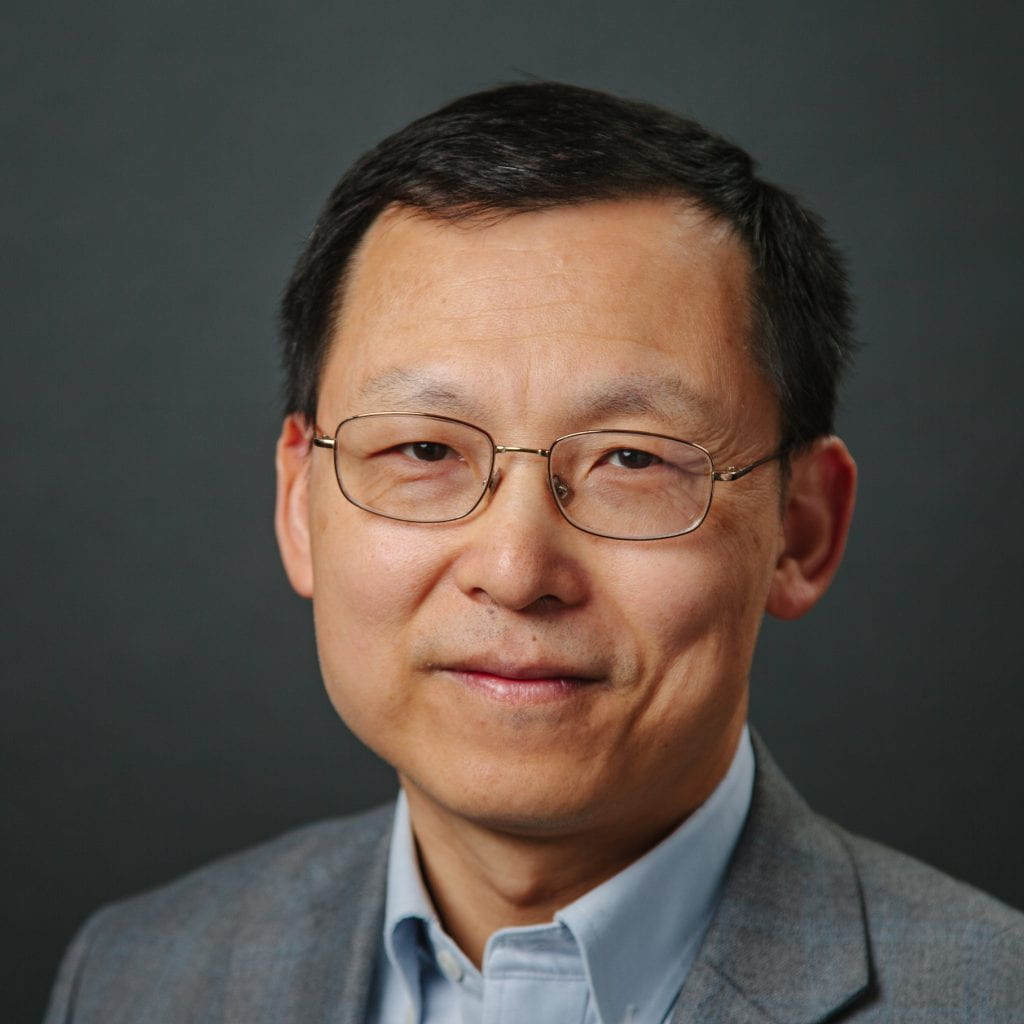
Liwu Li, Ph.D.
Professor of Biological Sciences, Virginia Tech
Title: Innate immune memory dynamics, underlying mechanisms, and disease pathogenesis
Our team studies the fundamental processes of innate immune memory and inflammation dynamics related to health and disease. We have pioneered signal-strength and duration dependent innate memory dynamics such as sustained low-grade inflammation, tolerance, exhaustion and resolution of monocytes and neutrophils. Our integrated experimental and computational analyses reveal key mechanistic principles of innate immune memory. We characterized naturally occurring subsets of resolving innate leukocytes including monocytes and neutrophils conserved in mice and humans with potential in treating inflammatory diseases. Our translational studies reveal crucial significance of distinct innate memory dynamics during the pathogenesis of diverse acute and chronic diseases such as sepsis and atherosclerosis.
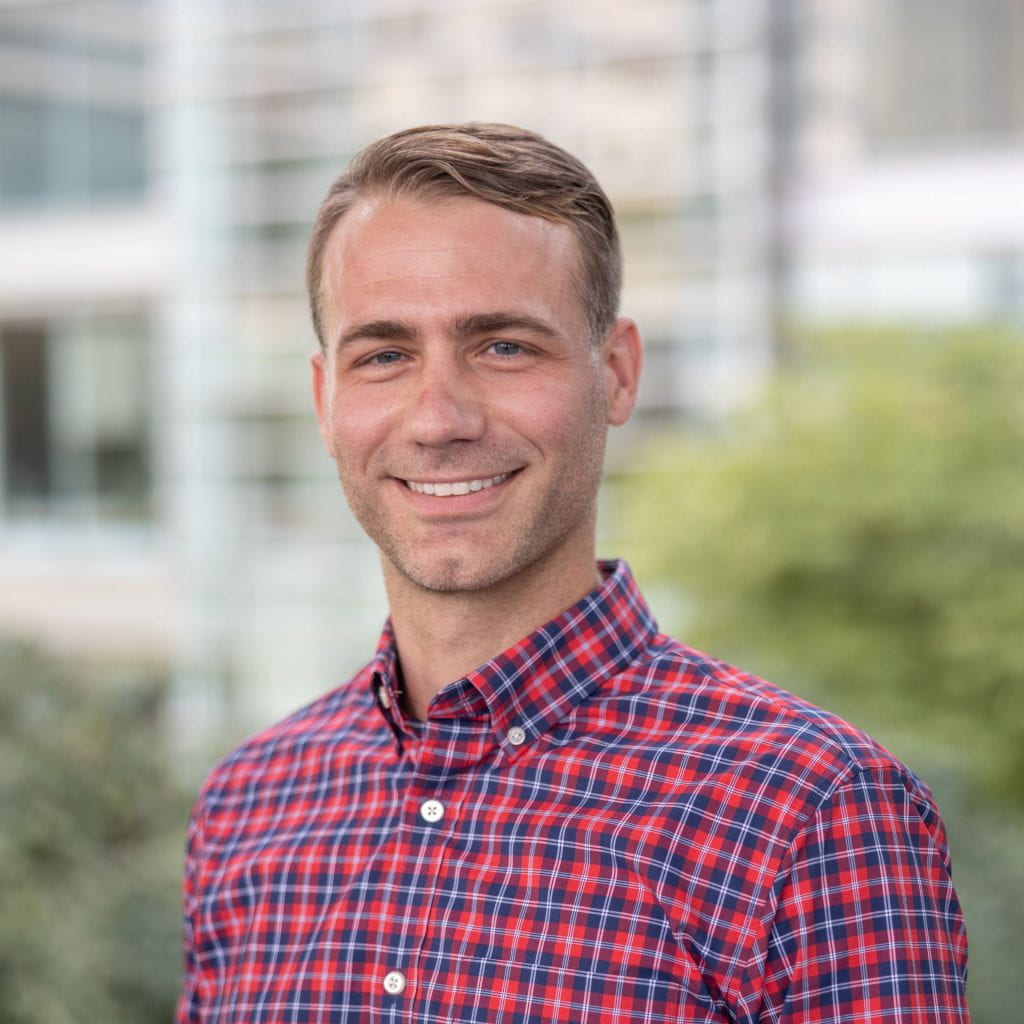
Justin Milner, Ph.D.
Assistant Professor of Microbiology and Immunology, University of North Carolina
Title: Molecular programming of CD8 T cell differentiation in tissue and tumor microenvironments
The Milner lab investigates the molecular signals controlling T cell activity in infection and cancer. Our goal is to develop new approaches for reprogramming T cells to improve immunotherapy efficacy.
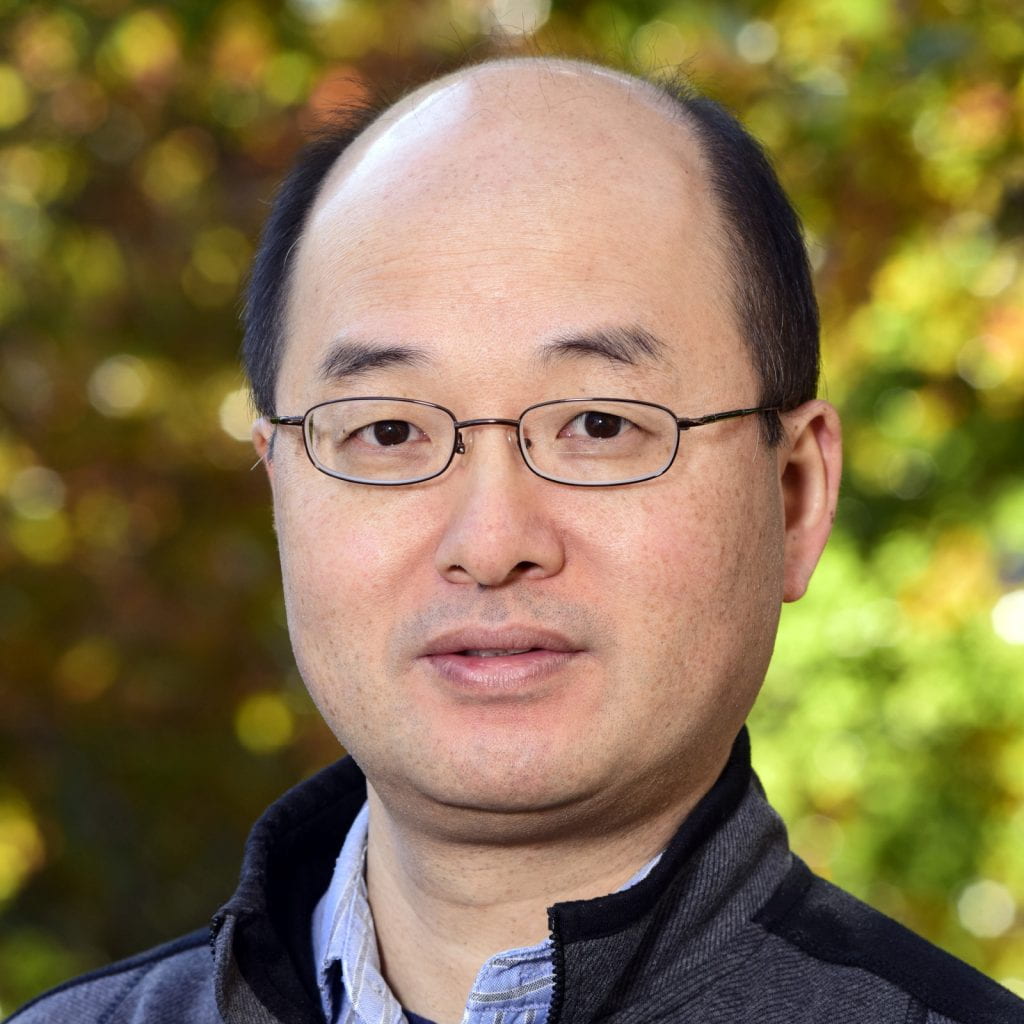
Hideki Nakano, Ph.D.
Staff Scientist of Immunogenetics Group, National Institute of Environmental Health Sciences, NIH
Title: The role of lung dendritic cell subsets in allergic sensitization and tolerance
Lung dendritic cells (DCs) induce adaptive immune responses to inhaled allergens by presenting peptides to allergen-specific naïve CD4+ T cells. However, this interaction can give rise to a variety of responses, including the development of type 2 and type 17 effector helper T cells (Th2 and Th17), or the differentiation of regulatory T cells (Treg). Understanding the cellular and molecular basis of these different outcomes is critical for designing new therapies that alter the balance of pro-inflammatory effector cells and Tregs. We have used single cell RNA-seq to identify multiple subsets of lung DC2s and tested their ability to induce various T cell lineages (Nat Commun 2021). We found that at steady state, most lung resident cDC2s are marked by surface display of CD301b+. However, allergic sensitization through the airway leads to large numbers of Ly6C+ inflammatory cDC2s and CD200+ migratory cDC2s. We found that Ly6C+ cDC2s induce Th17 cells, while CD200+ cDC2s potently induce Th2 cells. By contrast, CD301b+ cDC2s preferentially induce FoxP3+ Tregs. I will discuss the development of these various cDC2 subsets and the molecular mechanisms that stimulate effector T cell differentiation.
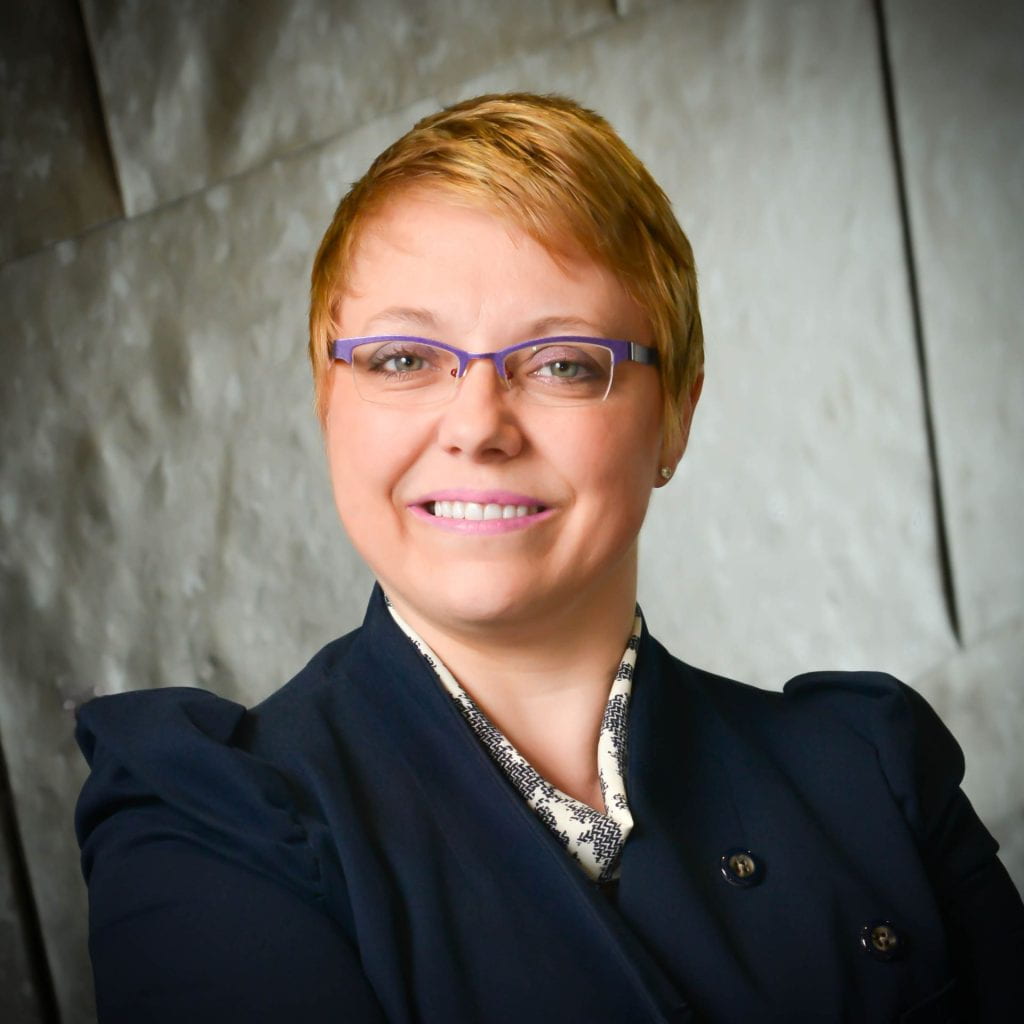
Sophie Paczesny, M.D., Ph.D.
Professor of Microbiology and Immunology, Medical University of South Carolina
Title: ST2: From omics of graft-versus-host disease to leukemia therapeutics
Sophie Paczesny, MD, PhD, is co-leader of the Hollings Cancer Biology and Immunology Program, and Professor in the Department of Microbiology and Immunology, Medical University of South Carolina. Dr. Paczesny’s research focuses on three areas: 1) developing and translating biomarkers of graft-versus-host disease (GVHD) and graft-versus-tumor (GVT); 2) discovering inhibitors of drug targetable biomarkers; and 3) finding novel immunotherapies with a recent focus on targeting the tumor microenvironment. The Paczesny laboratory identified novel GVHD biomarkers such as soluble STimulation-2 (ST2) which is predictive of GVHD-related mortality. These findings are being explored both for their role in the regulation of T cell balance and for their translational aspect in the treatment of GVHD. Dr. Paczesny’s research has been supported by numerous awards from the National Institutes of Health and the Leukemia and Lymphoma Society. She has previously been co-chair of the American Society of Hematology task force on immunotherapies, co-chair of the Center for International Blood and Marrow Transplant Research Immunobiology working group, chair of the American Society for Transplantation and cellular Therapy Women and Under-Represented Minorities Committee, the American Society for Clinical Investigation councilor, and ASCI chair of the DEIC committee, and currently ASTCT Director of Laboratory Science. Dr. Paczesny is fully committed to exposing trainees to a rigorous mentored research experience ensuring that diverse, highly-trained scientists are available to carry out cutting-edge research to transform patient health in the future.

Justin Taylor, Ph.D.
Associate Professor of Medicine-Infectious Diseases and International Health, University of Virginia
Title: Assessing the oncoprotein-specific B cell response during Merkel Cell Carcinoma
Justin J. Taylor, PhD is an immunologist studying B cells. Dr. Taylor received his BS from Rider University in 2002 and was introduced to immunological research during his time there. Dr. Taylor went on complete his PhD in Immunology from the University of Pennsylvania in 2008 studying T cell responses to parasitic helminth infections. As a postdoctoral fellow at the University of Minnesota beginning in 2009, Dr. Taylor built upon these experiences and helped develop innovative strategies to find rare B cells specific for antigens of interest. This work led Dr. Taylor to start a lab at Fred Hutchinson Cancer Center in 2014 with the goal of dissecting B cell responses in human infectious diseases and cancer. In parallel, Dr. Taylor’s lab developed a robust platform for engineering B cells to produce protective or therapeutic antibodies and other proteins and is working to bring these approaches to the clinic to prevent or treat disease. The Taylor lab has built a robust program for interrogating and modifying B cells with the goal of improving human health and relocated to the Beirne B. Carter Center for Immunology Research at the University of Virginia in 2023.
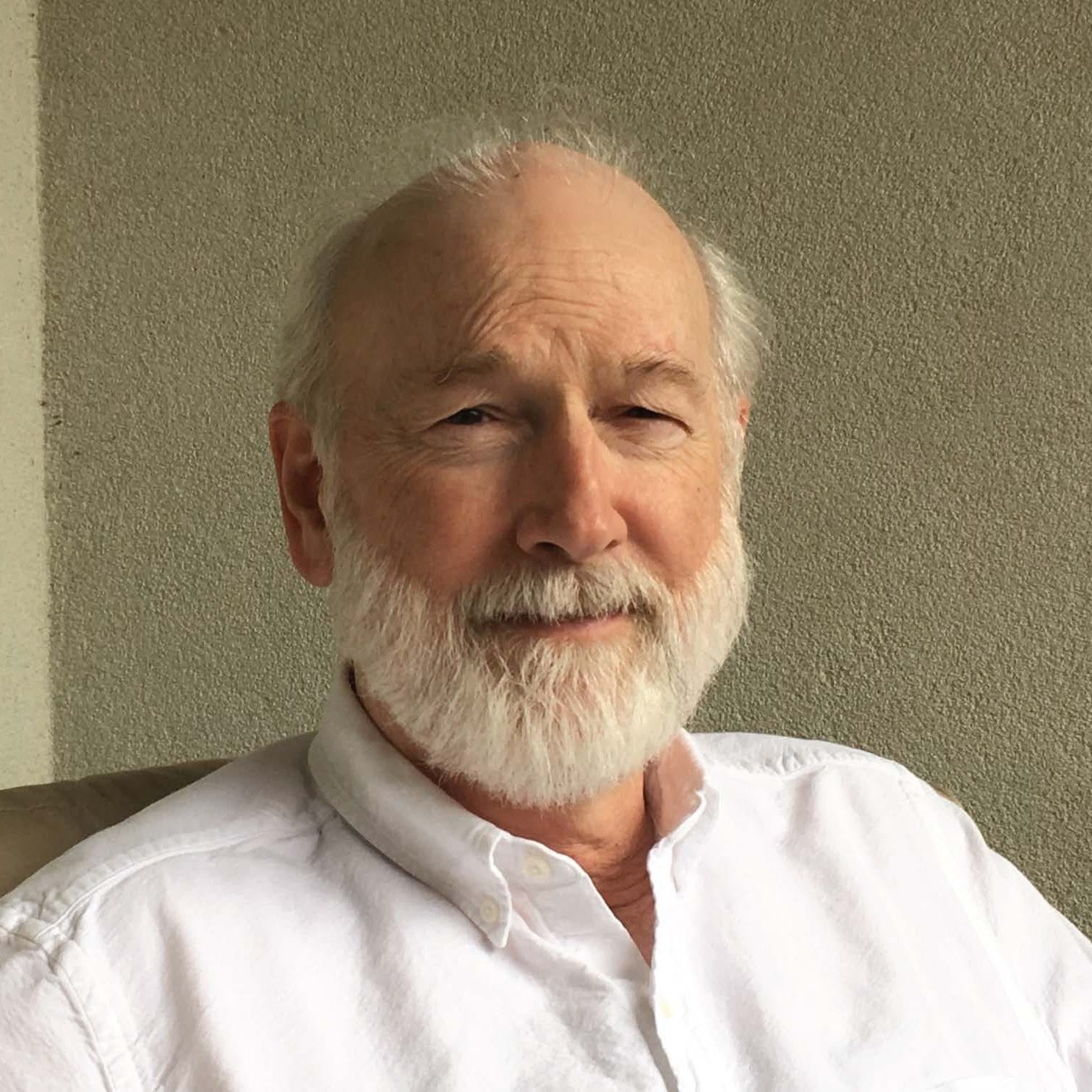
Casey Weaver, M.D.
Professor of Pathology, University of Alabama at Birmingham
Title: Coordination of Innate and Adaptive Immunity in Barrier Defense; Life Lessons from a Gut Bug
The Weaver Lab studies the regulation of immunity by CD4 T cells, with an emphasis on host defense and immune-mediated disease at the intestinal mucosa.

Benjamin A. Youngblood, Ph.D.
Member of Immunology, St. Jude Children’s Research Hospital
Title: Translating mechanisms of T cell exhaustion into durable tumor immunotherapy
Benjamin Youngblood, PhD, is currently an associate member in the Department of Immunology at St Jude Children’s Research Hospital. He received a Bachelor of Science degree in Biochemistry from Oregon State University in 2001 and went on to do his graduate training in Biochemistry studying enzyme specificity of DNA methyltransferases at University of California Santa Barbara. He joined Professor Rafi Ahmed’s laboratory in 2007 for postdoctoral training focused on epigenetic regulation of memory CD8 T cell differentiation. In 2014, he joined the faculty at St Jude Children’s Research Hospital, and has developed a research program focused on epigenetic mechanisms involved in the development of functional and nonfunctional CD8 T cells, and translating novel discoveries into therapies that treat chronic viral infection, cancer, and autoimmunity.

Jian Zheng, M.D., Ph.D.
Assistant Professor of Microbiology and Immunology, University of Louisville
Title: COVID-19-related Immune Disorders and Their Translational Potentials
Dr. Jian Zheng joined Microbiology and Immunology as tenure-track Assistant Professor on April 1, 2022. Jian received his M.D. from Southern University in China and his Ph.D. in Immunology from Hong Kong University. He carried out his postdoctoral research in Dr. Stanley Perlman’s laboratory at University of Iowa investigating host immune responses to coronaviruses and evaluating potential vaccines as well as anti-viral drugs. He has published his findings in top tier journals including Cell, PNAS, Science Translational Medicine and Nature.
Research Interests: Host immune responses to coronaviruses and other respiratory virus infections, aged-related immunoregulation and inflammation in the respiratory system, and translational Medicine.
